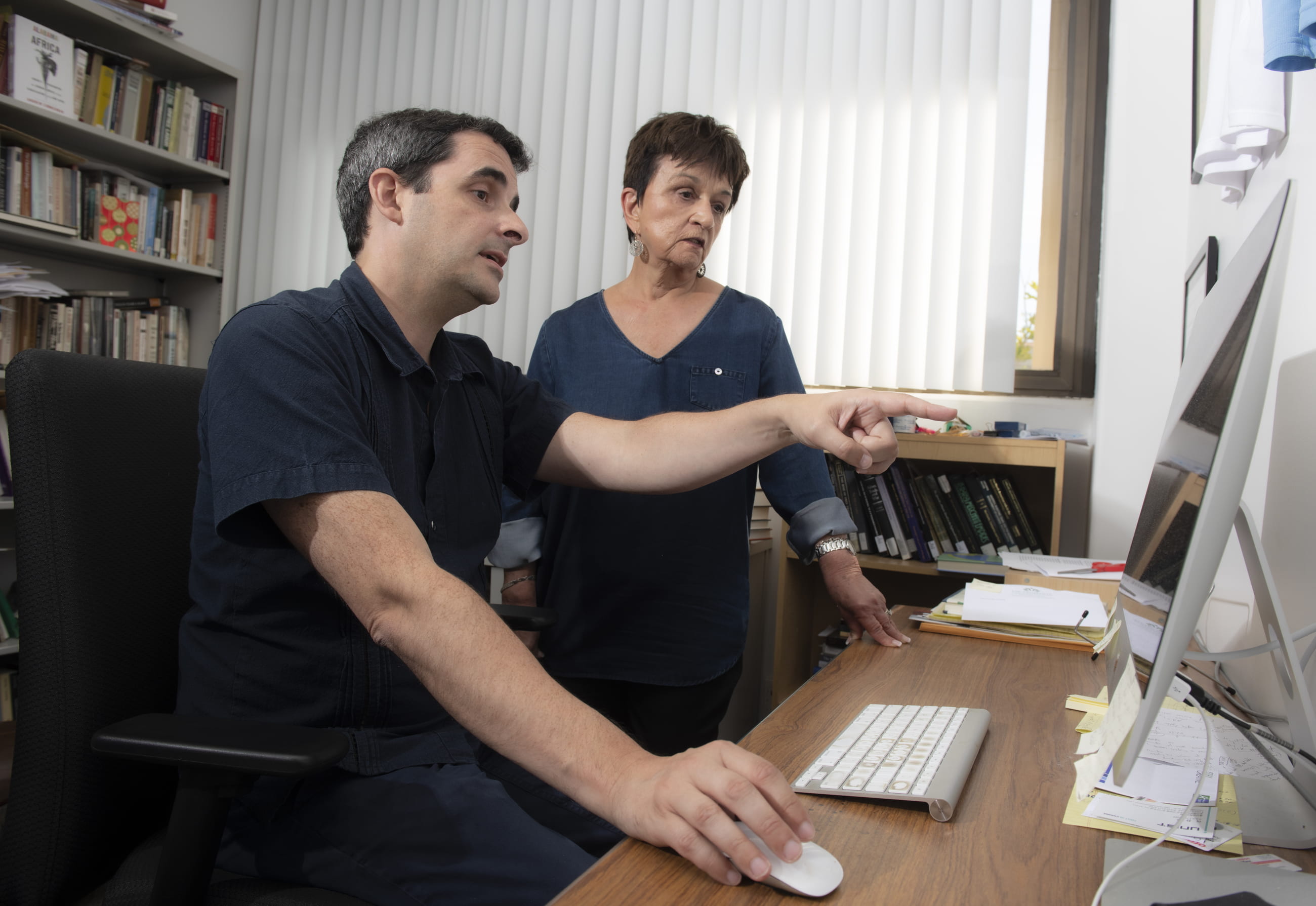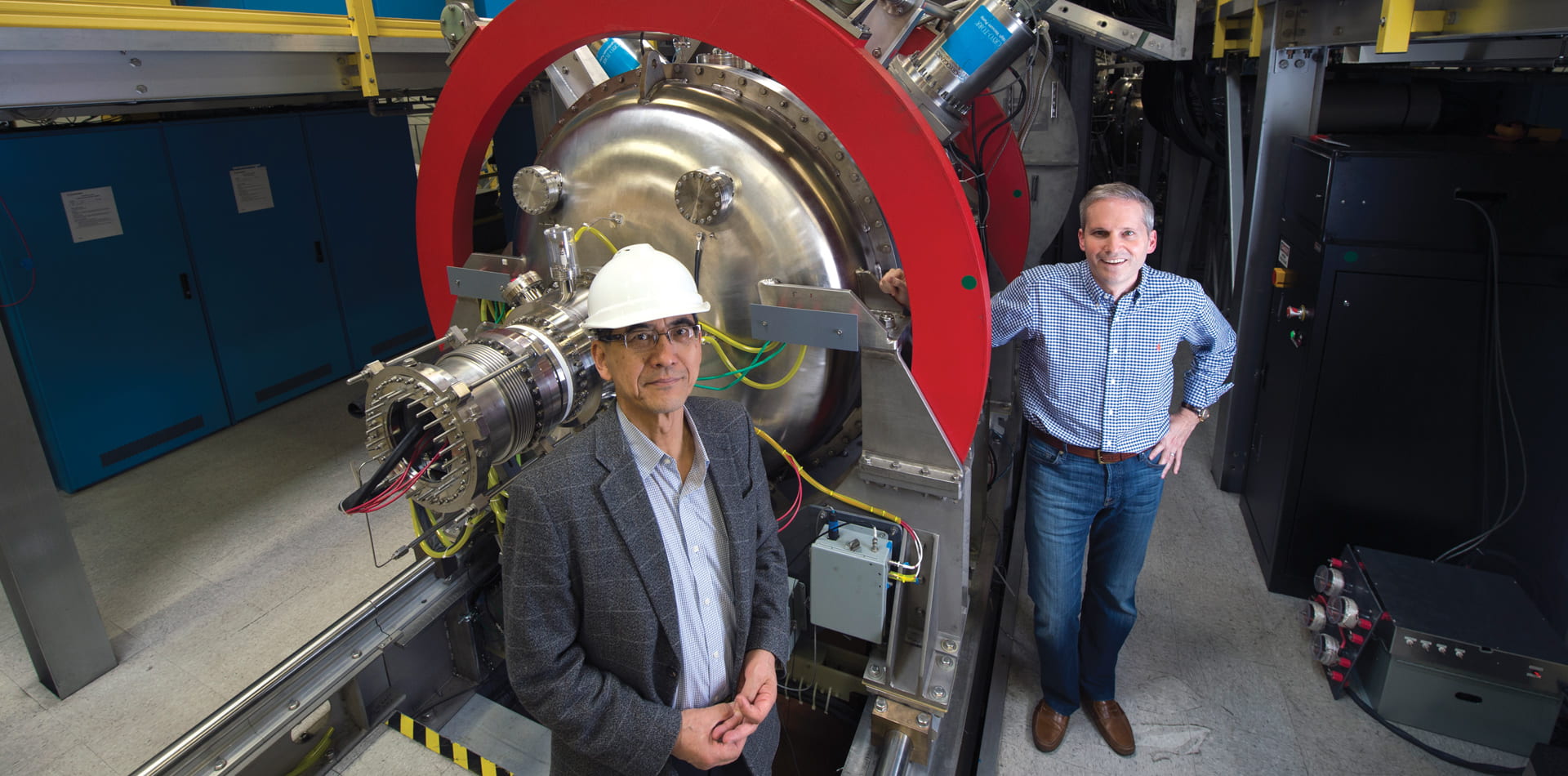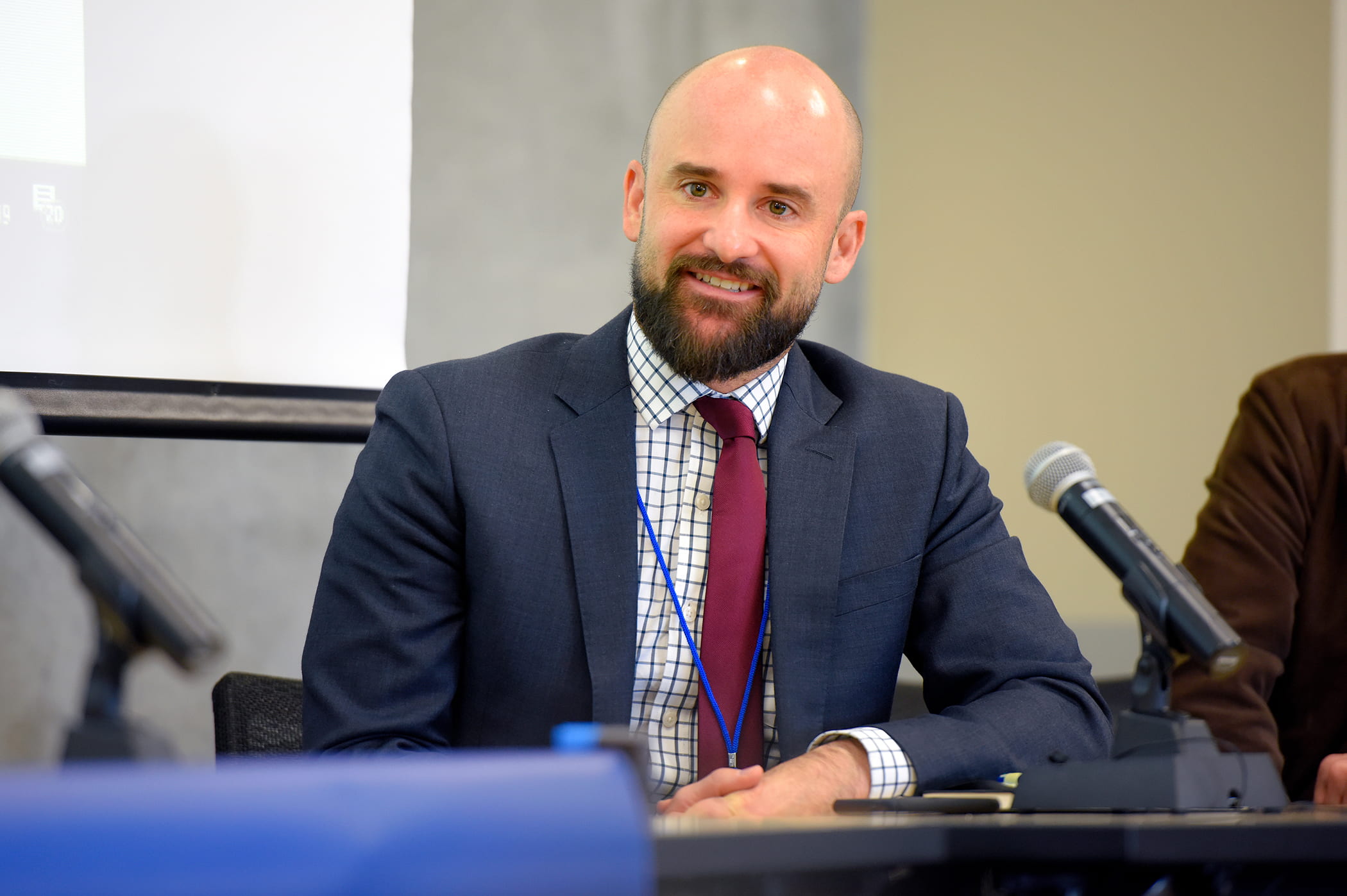Biomedical engineering graduate student wins American Heart Association fellowship

Courtney Carlson, a second-year doctoral student in biomedical engineering, has won a two-year fellowship from the American Heart Association. She will receive $53,000 from the AHA in support of her research project, which involves creating cells that can record their own developmental history in their DNA and then optimizing those cells to study congenital heart disease. Nongenetic factors such as environmental conditions are believed to be the underlying cause in most cases of congenital heart disease. However, the precise mechanisms of this process are difficult to study because there’s a lack of technologies to continuously track the microenvironmental cues acting on individual cells in a developing heart. Carlson’s plan is to engineer mammalian cells that will be able to “remember” the intensity or duration of environmental stimuli they’ve been exposed to throughout development. “I will fine-tune these cells to measure hypoxia, an environmental factor known to play a key role in coordinating the behaviors of individual cells in a developing heart. After optimizing my technology to accurately record hypoxia in cell cultures, I envision using it in an animal model,” Carlson said. “This will uncover connections between the behaviors of individual cells and the levels of hypoxia that orchestrate healthy or unhealthy development.”


